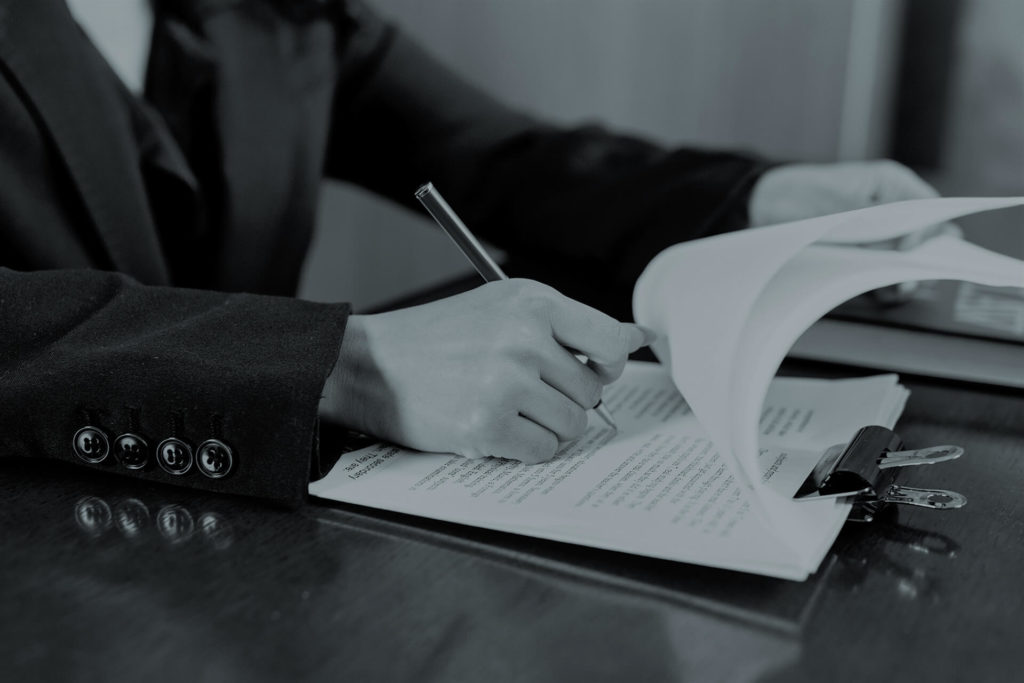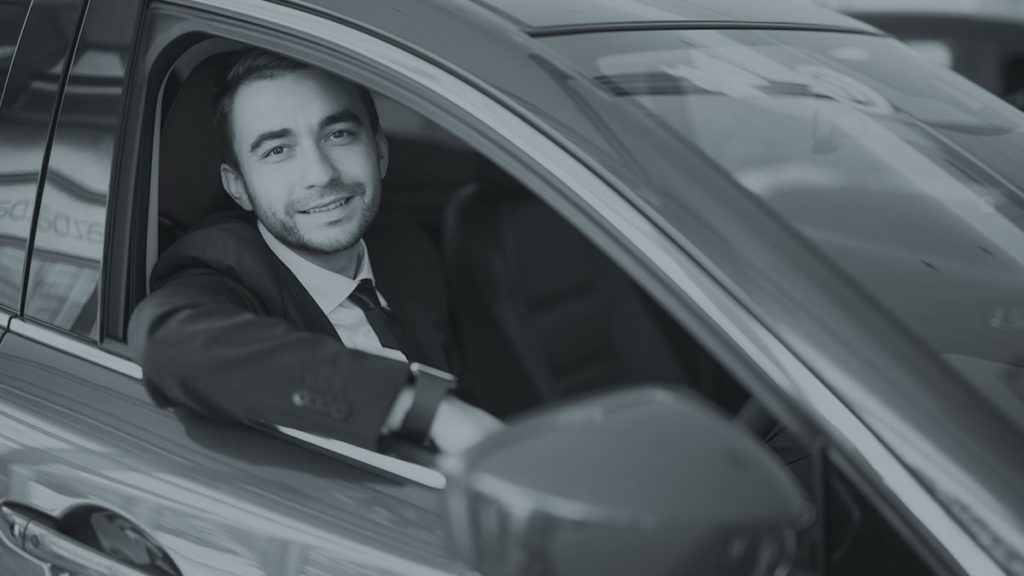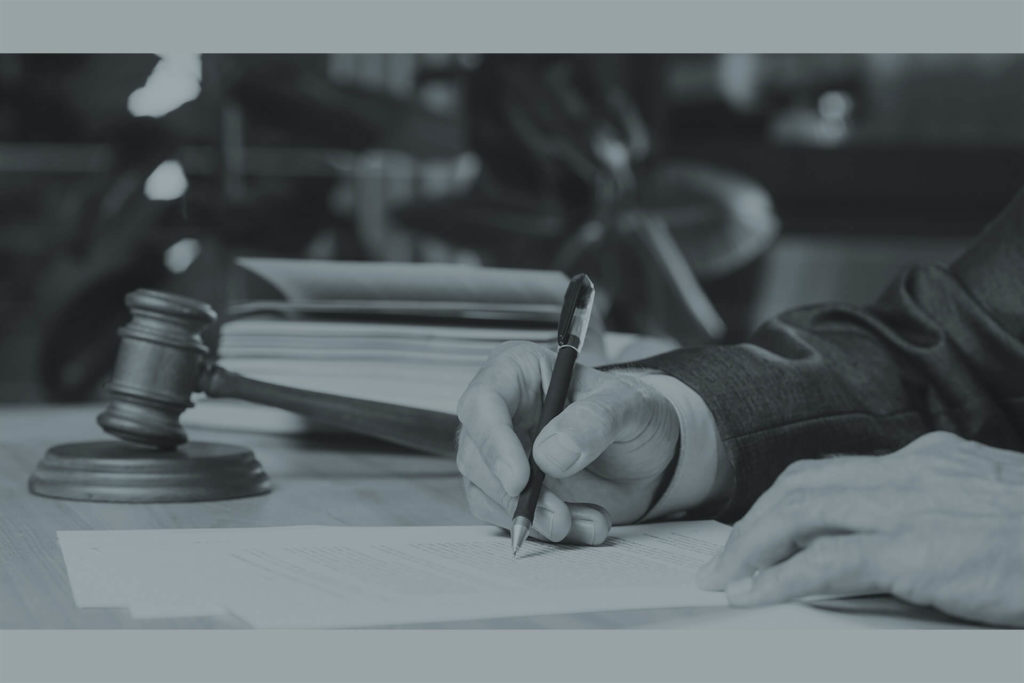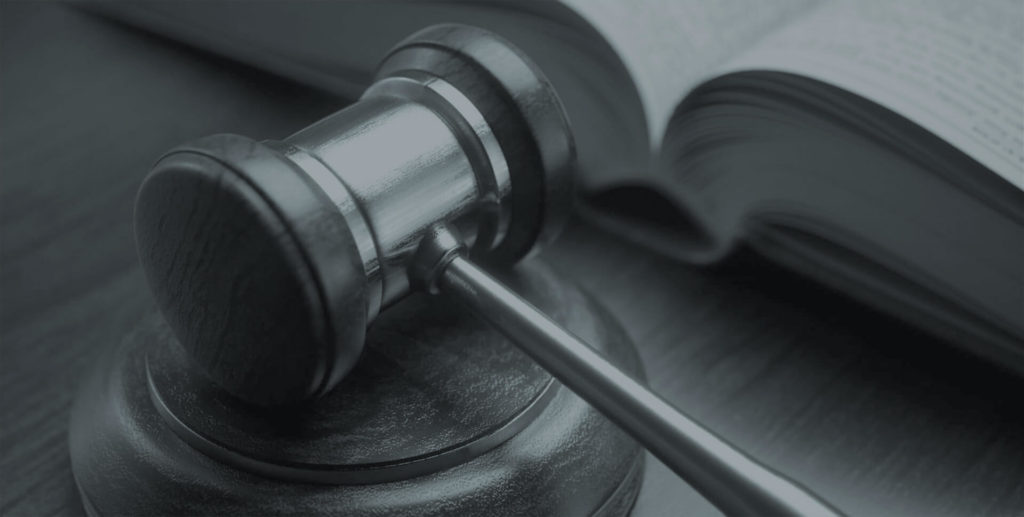Send your enquiry.
Contact us for a free, initial no obligation consultation.
"*" indicates required fields
Your information is safe and treated in accordance with our Privacy Policy
A driving ban is a serious matter that can significantly impact your life. If you have received a driving ban, it can be frustrating, stressful, and inconvenient. However, there is the option to appeal the ban, and if successful, the ban may be reduced or lifted altogether.
Driving ban solicitors
If you have recently been disqualified from driving and you want to know what your options are, please contact us at Ashmans Solicitors. Our motor defence solicitors can advise whether an appeal would be suitable in your case. It is important to get legal advice on your prospects of success before taking any action. Otherwise, you may incur additional penalties.
What is a driving ban?
A driving ban, also known as a disqualification, is a legal penalty imposed by the courts for certain driving offences. The ban prevents you from driving for a specified period. This can range from a few months to several years, depending on the severity of the offence. The most common reasons for a driving ban include drink driving, dangerous driving, excessive speeding, and driving without insurance.
Can you get a driving ban overturned?
It is possible to get a driving ban overturned, but only on certain grounds. Common grounds for appeal include:
- New evidence: If you have new evidence that was not available at the time of your trial, this may be grounds for an appeal. This evidence must be relevant and material to your case, and it must be something that would have had a significant impact on the outcome of your trial.
- Legal errors: If the court made a mistake in the application of the law or procedure, this may also be grounds for appeal. For example, if the court failed to follow the correct procedure when imposing the ban, or if the ban was imposed in an unjust manner, this could be grounds for appeal.
- Sentencing: If you believe that the ban imposed by the court is excessive or unjust, you may appeal on the grounds of sentencing. You will need to provide evidence and argument to support your claim that the ban is disproportionate to the offence committed.
- Exceptional hardship: If the ban would cause undue hardship, this could be grounds for appeal. Exceptional hardship in more than a mere inconvenience. It means it you, your family or your community will suffer because of your driving ban.
Read more: Exceptional Hardship – How to Avoid a Driving Ban
What are the different ways to appeal a driving ban?
In England and Wales, there are different ways to appeal a driving ban. The right approach for you depends on the why you were convicted, and the grounds for your appeal:
You were convicted in your absence, and you did not know about the proceedings: if you were found guilty of a driving offence by a court and you had no idea about the proceedings, you can make a Statutory Declaration. This is a formal statement that says you genuinely did not know about the proceedings. If accepted by the court, your conviction will be cancelled, and the court process will start again. This gives you an opportunity to instruct a solicitor and fight the charges against you.
You did not attend court for a valid reason, or the court made an error: it could be that you knew about the court hearing, but you did not attend for a valid reason. Or maybe the original ban was imposed in error, perhaps because the court did not have important information. If so, you can make an application to reopen. This is when you request a review by the Magistrates’ Court. This process involves submitting a written request to the court, along with any supporting evidence, and then waiting for the court to make a decision. If the court agrees to review the ban, you may be required to attend a hearing to present your case.
You pleaded not guilty at the court hearing, and you disagree with the verdict/sentence: if you pleaded not guilty at your court hearing but you were found guilty, you have the option to appeal the verdict, the sentence, or both. To do this, you must file a Notice of Appeal within 21 days of the original decision, and then attend a hearing at the Crown Court. During the hearing, you can present evidence and make arguments in support of lifting the ban. The judge will make a final decision, which is binding and cannot be appealed.
You pleaded guilty at the court hearing, and you disagree with the sentence: if you pleaded guilty at your court hearing, then you cannot appeal the guilty verdict. However, you can appeal the sentence if you think it is unduly harsh.
It is important to note that appealing a driving ban can be a complex process. It is recommended that you seek the assistance of a qualified legal professional. Our motor defence solicitors can help you understand the appeal process, assess your chances of success, and provide you with the best possible representation in court.
How do I overturn a driving ban UK?
The process of appealing a driving ban in England and Wales varies depending on what type of appeal you are making. The general steps involve:
- Speak to our solicitors as early as possible: we strongly recommend you get expert legal advice before pursuing any type of appeal. As discussed below, there are risks associated with an appeal. You need to be sure that you have strong grounds for an appeal before you proceed. We offer initial legal advice for a fixed fee. See our fixed fees page to find out more. Appeals are subject to short time limits, which is why we recommend contacting us at the earliest available opportunity.
- Request a transcript: if we think your appeal stands a good prospect of success, we will request a transcript of the proceedings from the court that imposed the ban.
- Prepare your appeal: then, we can prepare your appeal. This involves gathering evidence and preparing written arguments to support your case. We can explain why the ban is unjust and provide evidence to support your claim.
- File the appeal: the next step is to file your appeal with the appropriate court. This will typically be the Crown Court in England and Wales. The appeal must be filed within 21 days of the original verdict. Alternatively, if you did not know about the proceedings, we can file a Statutory Declaration on your behalf. Or we can make an application to reopen the case at the Magistrates’ Court, if this is the more suitable course of action.
- Attend the hearing: if your appeal is accepted, you will be required to attend a hearing to present your case. This hearing will take place in front of a judge who will consider your arguments and evidence. If you instruct Ashmans Solicitors, one of our expert motor defence solicitors will represent you in court. If you have submitted a Statutory Declaration, the court process will start again. You can ask our solicitors to represent you.
- Wait for the decision: after the hearing, the judge will make a decision on your appeal.
What are the possible outcomes of an appeal?
The court may choose to uphold the ban, in which case, you will need to serve the full disqualification period.
Or the court may choose to reduce the length of the ban, or revoke it altogether. If it is cancelled, then you can apply to have your driving licence returned. You may also be able to recover some (or all) your legal fees.
Finally, it is possible that the court may choose to increase the length of the ban. This is obviously the worst-case scenario, but it is worth highlighting that it can (and does) happen. That is why you need to be very careful when deciding whether to pursue an appeal in the first place.
What are the risks of appealing a driving ban?
If your appeal is unsuccessful, the court may choose to increase the length of your ban or impose additional penalties, such as fines or imprisonment. This is especially true if the court determines that you have a history of dangerous driving or if your appeal was without merit.
That is why it is so important to weigh the risks and benefits of appealing a driving ban before deciding on your next steps. If you are unsure about whether an appeal is the right choice for you, contact us at Ashmans Solicitors. We can help you understand your options and make an informed decision.
Want to appeal a driving ban? Contact us now
Find out if you can appeal you driving ban and get your licence back. Call us on 0333 009 6275. We are available to take your call 24 hours a day, 7 days a week.
You can also email us on enquiries@ashmanssolicitors.com or complete our Free Online Enquiry Form and we’ll be in touch soon.




